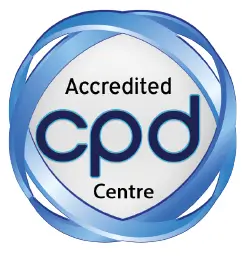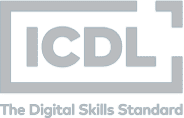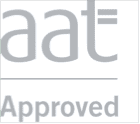The bookkeeping – module 3 course is the third module designed to further your bookkeeping studies using the double entry system so you can keep accurate bookkeeping records. And, unlike other bookkeeping courses, this one puts the renowned Pitman Training name on your CV as proof of your skills.
Module 3 covers using the journal in order to correct bookkeeping errors, as well as to record year-end adjustments prior to preparing the final accounts a business usually prepares at year end which are, the profit and loss account and balance sheet.
There Are Six Lessons for Bookkeeping – Module 3.
Lesson One – Including: Preparing a Trial Balance from the ledger accounts as well as from a list of account balances, using the Journal to correct errors not disclosed by the Trial Balance, preparing a revised Trial Balance following the correction of errors;
Lesson Two – Including: Using the Journal to start up a new set of double entry accounts, knowing how to write off bad debt, including any associated VAT, the purpose of a suspense account, using the Journal to correct errors and clear a suspense account, demonstrating the ability to make journal entries and adjustments and produce a revised Trial Balance;
Lesson Three – Including: Recognising the format used when extending the Trial Balance, categorising items of income and expenditure, calculating depreciation, accruals and prepayments, calculating the value of stock consumed, using the journal to record year-end adjustments;
Lesson Four – Including: Transferring the year-end adjustments to the Extended Trial Balance, distinguishing between the different type of account, extending the balances from the Trial Balance columns to either the Profit and Loss or Balance Sheet columns, calculating the profit, or loss, of the business;
Lesson Five – Including: Preparing a Profit and Loss account and Balance Sheet, calculating the gross profit percentage, knowing how to calculate the mark up percentage;
Lesson Six – Including: Closing off the ledger accounts at the end of the accounting period, recognising when a balance is to be carried forward to the next accounting period and when it is to be transferred to the Profit and Loss account, demonstrating the ability to extend a Trial Balance and prepare the financial statements of a business.





















